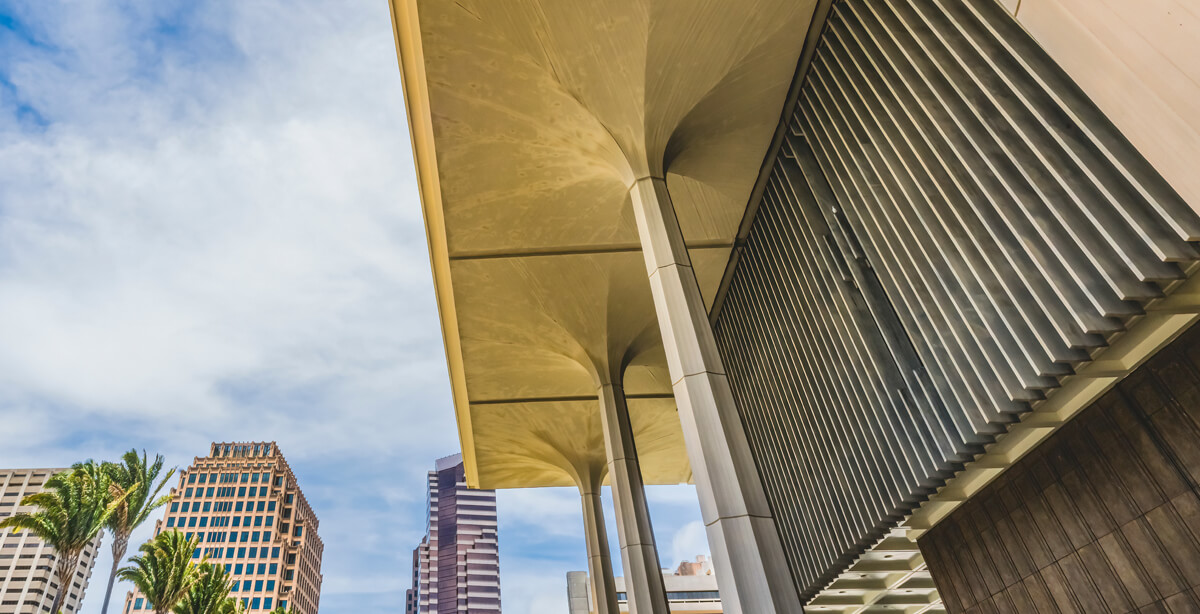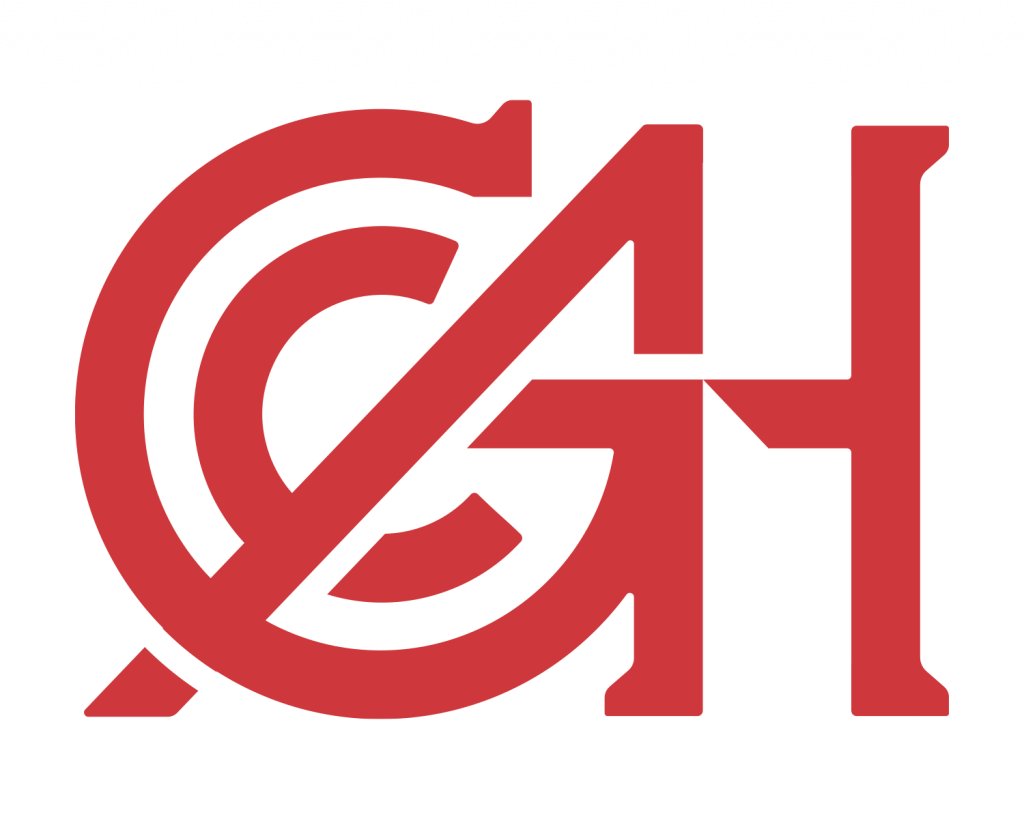
Legislative Priorities: 2025 Session
MID-SESSION 2025
This mid-session report identifies key measures affecting the construction industry during the first half of the legislative session. There are 768 measures still alive at the midpoint of this year’s legislative session out of the 3,172 measures introduced. The GCA’s Legislative Committee determined our advocacy position for each measure identified below. Please note that this list is not exhaustive of every measure affecting the industry and that the substance of each measure may evolve as the session progresses.
KEY MEASURES STILL ALIVE
Clarifies the applicability of the statute of repose for actions arising from construction defects. Repeals the two-year limitation for actions arising from construction defects. Clarifies the required contents of a notice of claim of construction defect served on a contractor. Specifies that claimants must comply with the Contractor Repair Act and bars persons from joining a class for failure to comply with the Contractor Repair Act. Amends the process and time frame for a claimant to accept a contractor's offer to settle or inspect. Limits the amount a claimant can recover if the claimant rejects a contractor's reasonable proposal for inspection or a reasonable offer to remedy. Clarifies the consequences of rejecting an offer of settlement.
Position: SUPPORT
These proposed changes offer homeowners an opportunity to address conflicts and rectify potential defects in a timely manner, bypassing the protracted litigation process. Emphasizing early notification is a strategic move that promises to contribute significantly to the swift resolution of construction issues, benefiting all stakeholders involved.
Sets a time limit for submitting bid protests. Makes the 75-day limit for written decision on protest apply to any contract awarded by competitive sealed bid or competitive sealed proposal. Caps the protest bond amount. Deletes the requirement of an administrative hearing office finding that an appeal is frivolous or in bad faith before the protest bond is forfeited to the State by the non-prevailing party.
Position: OPPOSE
Last year, the legislature passed the requirement of a finding that an appeal is frivolous or in bad faith before the protest bond is forfeited to the State by the non-prevailing party in an effort to strengthen procurement ethics.
The Legislature inserted this safeguard language that the other states who require cash or protest bonds without a cap use for appeals to also prevent the chilling effect of deterring legitimate protests on large projects. This provision ensures a balance that deters frivolous appeals without the unintended consequence of also deterring legitimate appeals on large projects. However, this measure seeks to undo this requirement and insert a bond cap between $1M-1.5M.
Authorizes the head of a procurement agency to award a contract to a bidder who is not the lowest responsible and responsive bidder, for procurements conducted by competitive sealed bidding, if the head of the procuring agency determines that the award is most beneficial to taxpayers or otherwise in the best interests of the State.
Position: OPPOSE
The primary purpose of the Procurement Code to is ensure fair and ethical procurement while maximining the use of public funds. This measure would go against the two prongs of the purpose of a procurement code. A bidder who is determined to be responsible and responsive has met the requirements to bid for the work. Allowing the head of the procuring agency to award it to any bidder they want would open the door to unethical procurement and circumvent the primary purpose of having a procurement code.
KEY MEASURES STILL ALIVE
Adds state contractor's performance assessment to information required to be included in the past performance database maintained by the State Procurement Office. Appropriates funds.
Position: OPPOSE
In 2023, the Procurement Policy Board underwent rulemaking to establish a past performance assessment form. After numerous hearings, the Board determined that the past performance assessment form should be as simple and objective as possible as many issues arose during rulemaking.
This exact language was proposed by the State Procurement Office to the Procurement Policy Board for consideration and was rejected by the board over subjectivity concerns. This measure seeks to force the Procurement Policy Board to include information that they specifically intended to keep out of the assessment form after numerous hearings.
Requires public contractors to obtain insurance to cover at least half of a project's construction costs to the State to provide funds for curing construction defects discovered within ten years after the completion of the contract. Authorizes the State to institute an action against the contractor for the total costs of curing those defects.
Position: OPPOSE
General liability insurance for “construction defects” is not currently commercially available now and is unlikely to be readily available soon. Also, the cost to have project specific general liability coverage with limits at 50% of project value that has a “completed operations” coverage period of 10 years will be extremely expensive. This will have the effect of raising the cost of construction, especially for the State and taxpayers.
Requires the Procurement Policy Board to adopt rules requiring contracts to impose mandatory fines or provide for termination of a contract for default if a contractor fails to perform the contractor's duties or if there is a major delay in a deliverable. Requires each contract to establish a schedule of deliverables and to specify what constitutes a "major delay".
Position: OPPOSE
There are already remedies to pursue for failure of duties and delay, including liquidated damages. If the purpose of this is to go after bad actors, then there are provisions that allow for debarment. Further, deliverables can be complex and there are concerns with defining what constitutes a “major delay.”
For a full list of measures affecting the industry click here.
OPENING 2025
The 2025 Legislative Session opened on January 15 with the Legislature and Governor focusing on addressing the effects of the housing crisis, fireworks, insurance, and invasive species. There were 3,172 total measures introduced this year, which is 496 more measures introduced than the 2024 Legislative Session. The GCA Legislative Committee met on Tuesday, January 28th, to review 195 measures that were identified to affect the industry. The Committee focused on opposing efforts attempting to raise the cost of construction, supporting/opposing various procurement code amendments, and supporting state construction initiatives.
Please find a list of those measures here.
The GCA Legislative Committee identified several measures that will have a significant impact on the industry. These measures include:
HB 420 / SB 179:
Clarifies the applicability of the statute of repose for actions arising from construction defects. Clarifies the required contents of a notice of claim of construction defect served on a contractor. Amends the process and time frame for a claimant to accept a contractor's offer to settle or inspect and authorize the contractor to proceed with repairs. Limits the amount a claimant can recover if the claimant rejects a contractor's reasonable proposal for inspection or a reasonable offer to remedy. Clarifies the consequences of rejecting an offer of settlement.
Position: Support
This measure will help to prevent frivolous lawsuits by increasing the opportunity for homebuilders and homeowners to address any potential construction defects without costly litigation. Specifically, this measure will:
- Provide better notice or detail of alleged defect;
- Require evidence of any alleged defect;
- Amend the process and timeframe for inspection; and
- Limit recovery to the cost of mitigating the defect and attorney’s fees when a proposal to Inspect or an offer to repair is unreasonably rejected.
HB 808:
Requires public contractors to obtain insurance to cover at least half of a project's construction costs to the State to provide funds for curing construction defects discovered within ten years after the completion of the contract. Authorizes the State to institute an action against the contractor for the total costs of curing those defects.
Position: Oppose
First, general liability insurance for “construction defects” is not currently commercially available now and is unlikely to be readily available soon. Second, the cost to have project specific general liability coverage with limits at 50% of project value that has a “completed operations” coverage period of 10 years will be extremely expensive. This will have the effect of raising the cost of construction, especially for the State and taxpayers.
SB 131:
Requires the Procurement Policy Board to adopt rules requiring contracts to impose mandatory fines or provide for termination of a contract for default if a contractor fails to perform the contractor's duties or if there is a major delay in a deliverable. Requires each contract to establish a schedule of deliverables and to specify what constitutes a "major delay".
Position: Oppose
The GCA has concerns with this measure as there are already remedies to pursue for failure of duties and delay, including liquidated damages. If the purpose of this is to go after bad actors, then there are provisions that allow for debarment.
Further, deliverables can be complex and there are concerns with defining what constitutes a “major delay.”
SB 1175:
Adds state contractor's performance assessment to information required to be included in the past performance database maintained by the State Procurement Office.
Position: Oppose
In 2023, the Procurement Policy Board underwent rulemaking to establish a past performance assessment form. After numerous hearings, the Board determined that the past performance assessment form should be as simple and objective as possible as many issues arose during rulemaking.
This exact language was proposed by the State Procurement Office to the Procurement Policy Board for consideration and was rejected by the board over subjectivity concerns. This measure seeks to force the Procurement Policy Board to include information that they specifically intended to keep out of the assessment form after numerous hearings.
The Legislative Committee will continue to meet around the various legislative deadlines to review and comment on the measures moving throughout the Legislature.
Also, the Contractors License Board has been looking to amend the definition of “incidental and supplemental” in the Hawaii Administrative Rules, section 16-77-34. Proposed amendments here. The GCA Board will be voting to adopt or amend these proposed rules to go through rulemaking.
Go to the:
2024 Session
2023 Session
2022 Session
2021 Session
Interested in finding out more about the GCA Legislative Committee: click here.
GCA Members, interested in joining? Contact Gladys at info@gcahawaii.org.
